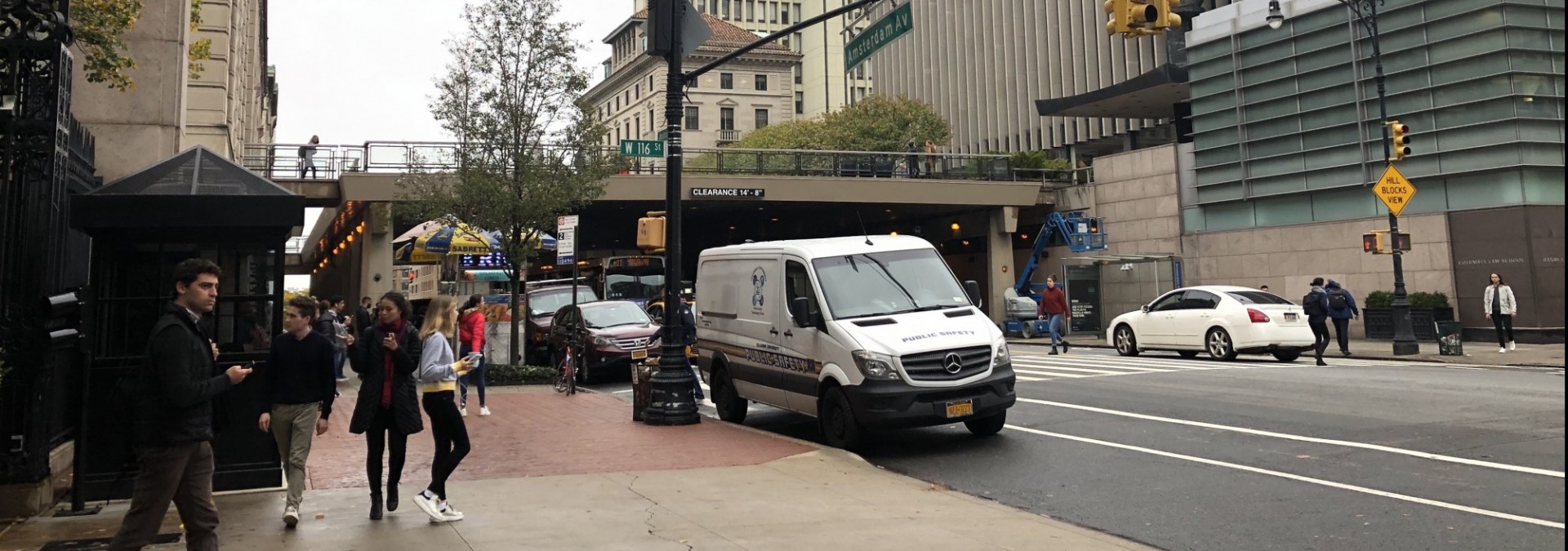Research questions and methods
Columbia political scientists study real-world questions, using methods ranging from ethnography, historical process-tracing, archival research, and interviews, to quantitative data collection, complex statistical analysis, lab and field experiments, and game-theoretic modeling. The department is proud of its reputation for employing empirically rigorous and diverse methods to address large and fundamental problems facing society.
Many faculty members in the department work in more than one of the traditional subfields. The faculty also includes scholars who focus on political methodology and political economic theory.
Explore fields of study
Research seminars and workshops
Students and faculty participate in a number of ongoing research seminars and workshops sponsored by the department, the Institute for Social and Economic Research and Policy (ISERP), and other university departments, institutes, and centers. Details about those most commonly attended by department members can be found here.
Collaborative faculty-student research
Department faculty often engage students to participate in their research projects, providing students opportunities not only to learn but also to contribute to knowledge in their field. Participation in collaborative research with faculty offers students in-depth training and mentoring and frequently lays the foundation for professional collaboration that extends beyond the student's time at Columbia.
Students may not serve as Principal Investigators in sponsored research at Columbia University. Those applying for research funding should seek a faculty member to serve as Principal Investigator for the sponsored project. More information about the PI role is available here.
Please click here to see a list of selected faculty-student research collaborations.
Sponsored research
All proposals for sponsored research at Columbia University must be submitted through the Sponsored Projects Administration division of the office of the Executive Vice President for Research.
The Institute for Social and Economic Research and Policy (ISERP) manages proposals and sponsored projects for researchers in the Department of Political Science. Faculty and students wishing to submit proposals for sponsored research should contact the ISERP funding team early in the process to allow adequate time for proposal development and approvals.
In addition to supporting externally funded research, ISERP sponsors research on a competitive basis funded by its own resources. It also works to find external support for and publicize innovative basic and applied social science research. Its ongoing programming coupled with the services and resources of its Research Development Office provide an ideal environment for making innovative and collaborative research possible.
Faculty who are proposing projects or have obtained awards for sponsored research should consult with the ISERP sponsored projects administrators, who will support the proposal process and manage the administration of awards.
Students who intend to apply for sponsored research will need to identify a faculty member to serve as Principal Investigator for the project.
